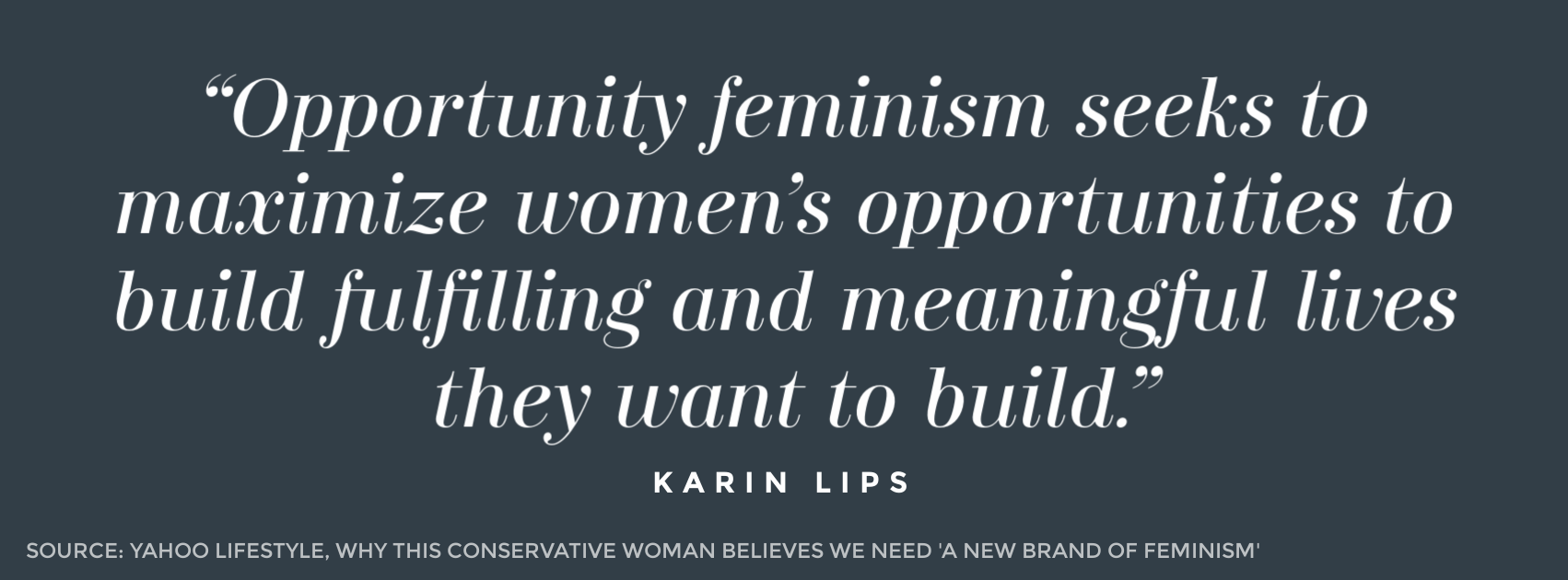Sen. Dianne Feinstein owes #MeToo an apology for the Kavanaugh-Ford debacle
This article originally appeared in the Washington Examiner.
I don’t know how Christine Blasey Ford and Brett Kavanaugh spent their summers in the 1980s. I don’t know if they met. I don’t know if they were ever at a party together.
I do know one issue they, and everyone
The #MeToo movement is real. Women have and unfortunately still do face sexual harassment and sexual assault. The #MeToo movement taught that allegations should be taken seriously.
That means taking the allegations from Ford seriously. But it also means taking the defense of Kavanaugh seriously too.
What the #MeToo movement shouldn’t encourage is the assumption that all men are guilty as soon as any allegation is made. Sometimes accusations are levied that don’t pan out.
That’s why facts and evidence have to matter. We have lots of facts on how Ford’s allegation was handled.
The FBI conducts a background investigation of nominees, such as for Supreme Court Justice, at the request of the White House. The Senate doesn’t exclusively rely on that information. The Judiciary Committee has its own investigators for judicial nominations, who also investigate potential nominees before the Senate votes on them.
Ford sent a letter to Feinstein, the ranking Democrat on the Judiciary Committee, on July 30 alleging that Kavanaugh “physically and sexually assaulted” her at a party in the early 1980s.
This allegation should have been immediately acted upon by Feinstein.
If Feinstein thought Ford’s allegation was credible, she should have shared it with the committee for it to be investigated discreetly, which would have protected the confidentiality of all parties. If the allegations were supported, then Kavanaugh could have been forced to withdraw without Ford’s name ever becoming public. Ford has said she wanted confidentiality.
If Feinstein decided the allegation was not credible, she should have kept it confidential.
Yet Feinstein chose a third course. She chose not to share the information with her colleagues. She chose to wait to act on the information until after she held a private meeting with Kavanaugh, after 64 other senators held private meetings with Kavanaugh, after Kavanaugh testified for more than 30 hours under oath before the committee, and after more than 1,000 written questions were submitted and answered by Kavanaugh.
Feinstein never once raised the allegation or shared the letter with her fellow members of the committee — not until it became politically expedient to do so.
On Sept. 12, when Kavanaugh was on his way to confirmation, Feinstein finally took action, sending Ford’s letter to the FBI.
Feinstein failed at her job as a member of the Senate Judiciary Committee by withholding this information and further politicizing this nomination process. And she has failed as an advocate for women. She should at least apologize.
One of the strengths of the #MeToo movement is that it has been bipartisan. Women from both parties have been victims. Men from both parties have been perpetrators and brought to account. And women and men from both parties have been champions of women.
The #MeToo movement shouldn’t be manipulated for political purposes with no regard to how this will impact the individuals involved. But that’s exactly what Feinstein has done — and she should be held accountable.


